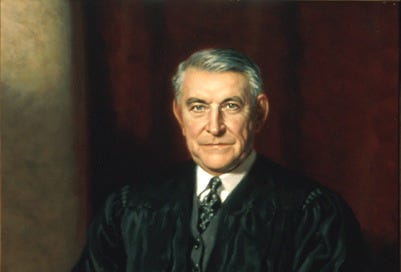There’s only one week to go until the traditional end date for SCOTUS decisions on July 1 and arguably the most important ruling since the Nixon decision is yet to be issued. This is shameful. The gall of the Court to help Trump by overturning the Colorado Secretary of State’s decision (for the record, the correct decision) barring him for the ballot to…
Keep reading with a 7-day free trial
Subscribe to Battle For the Heartland to keep reading this post and get 7 days of free access to the full post archives.



